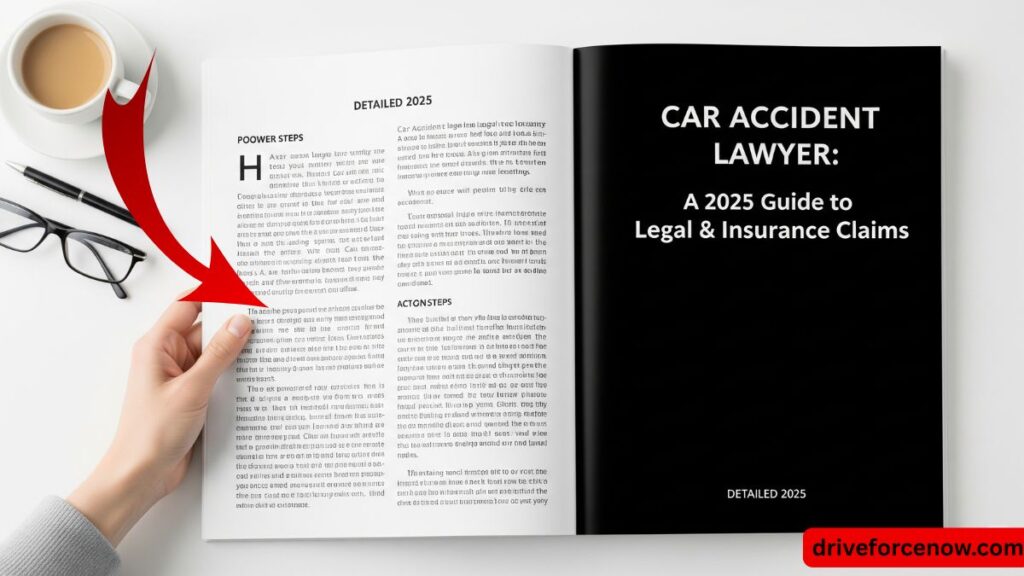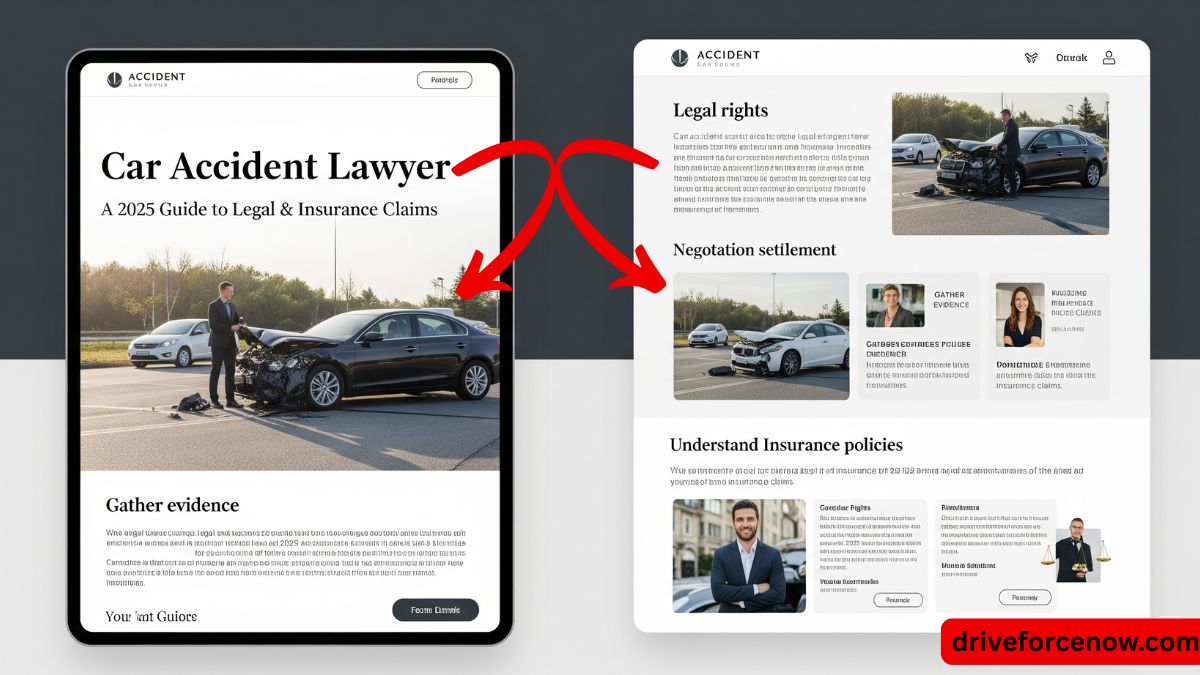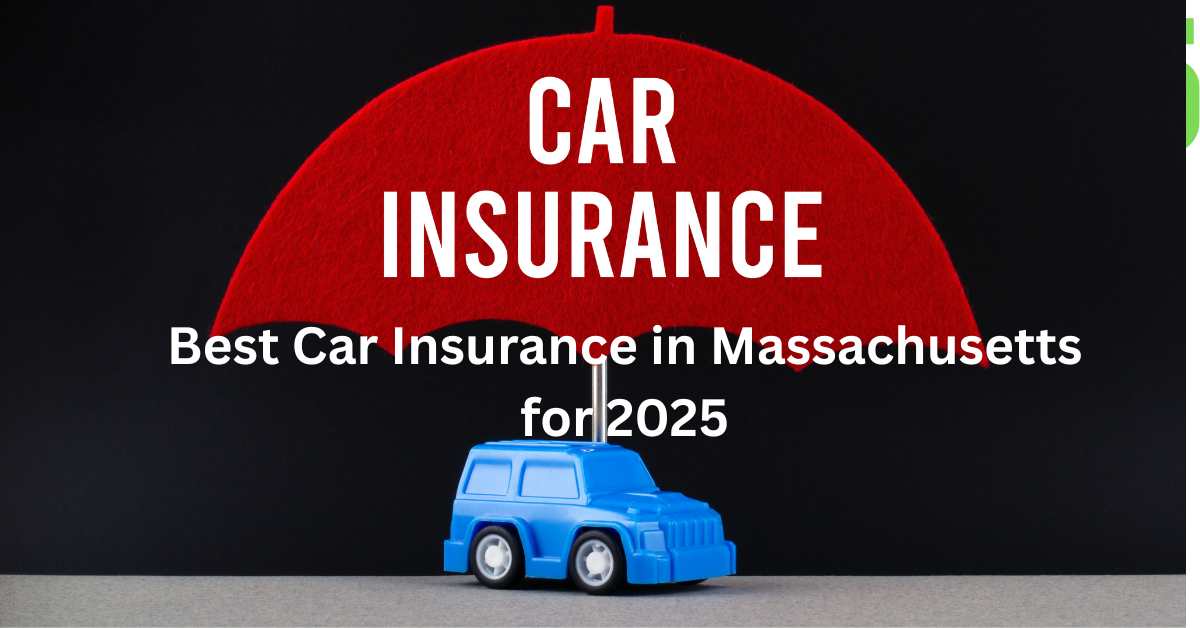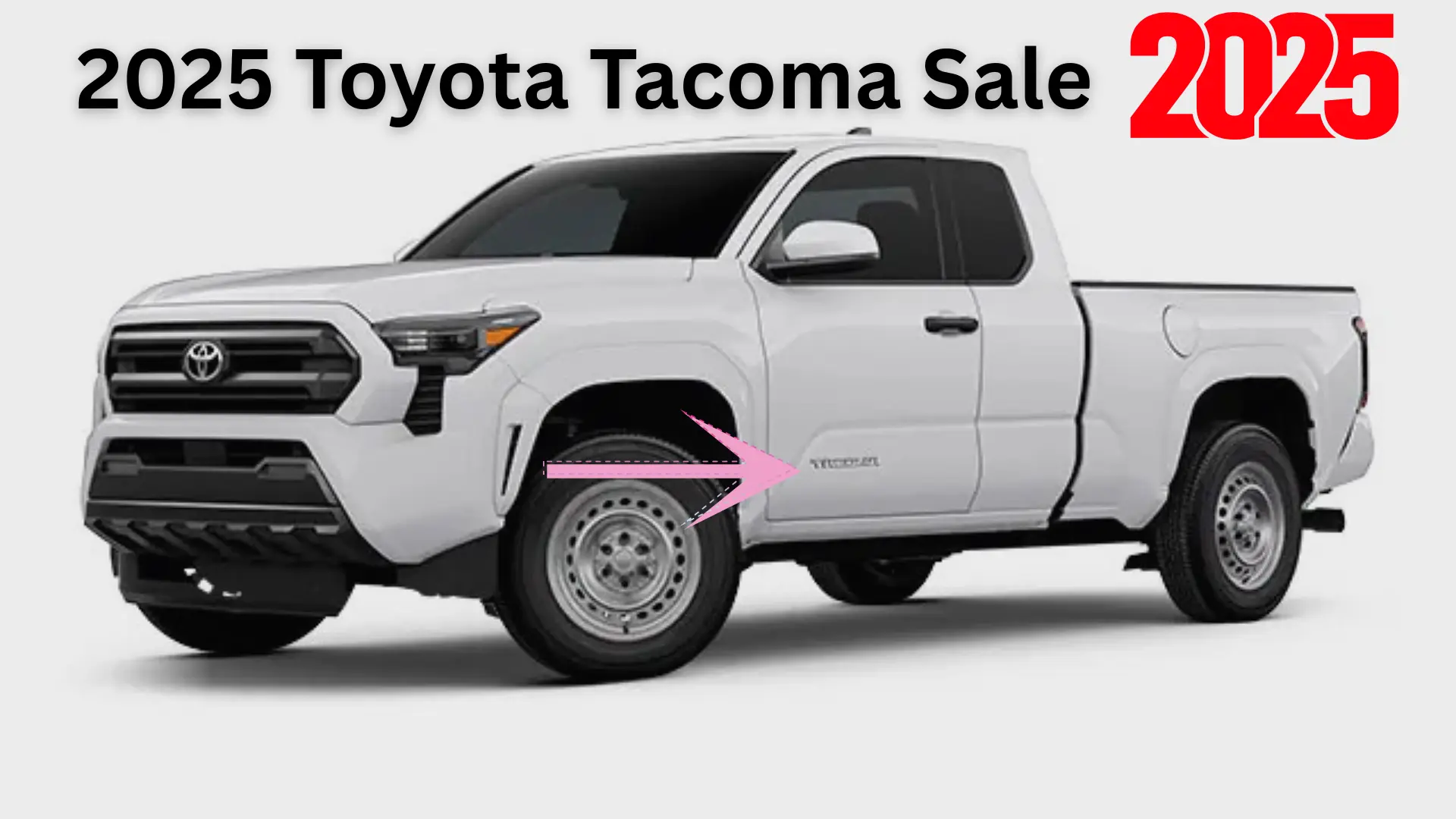Have you ever been in a car accident? One second, you are driving along, and the next, you are surrounded by the jarring sound of screeching tires and shattering glass. The aftermath of a car wreck is a chaotic whirlwind of confusion, fear, and uncertainty. In those critical moments, and in the weeks that follow, the decisions you make can have a huge impact on your financial and physical recovery. You might think you can handle it all on your own, but are you truly prepared for the complex legal battles and confusing insurance negotiations that lie ahead? This is where having a skilled car accident lawyer becomes not just a good idea, but an absolute necessity.
A car accident lawyer is your advocate, your guide, and your fighter in a system that can often feel stacked against you. They understand the intricate laws and the tactics insurance companies use to minimize their payouts. While you focus on healing, your lawyer focuses on securing the compensation you deserve. This guide will walk you through everything you need to know, from the initial shock of the accident to navigating the often-murky waters of car insurance claims and policies. We will explore why a car accident lawyer is crucial and how you can take control of your financial future by making smart choices about your car insurance.
The First Steps: What to Do After a Car Accident
The moments following a car accident are often filled with adrenaline and panic. What you do right after the crash can significantly protect your health and any future legal claim. Knowing the right steps to take can bring a sense of order to a very chaotic situation.
Your Health and Safety Always Come First
Before you even think about insurance or legal matters, your priority is the well-being of yourself and others involved. Check yourself for injuries. Some serious injuries, like internal bleeding or whiplash, may not be immediately obvious. If you are in pain or feel unsure about your condition, it is always best to call for an ambulance. Even if you feel fine, it is a good idea to get a medical check-up soon after the accident. This creates a medical record that can be vital later on if you need to file a claim with your car accident lawyer. If it is safe to do so, move your vehicle to the side of the road to prevent further accidents. Turn on your hazard lights to alert other drivers.
Documenting the Scene: Your Evidence Toolkit
What you document at the scene can become powerful evidence for your car accident lawyer. Use your smartphone to take as many photos and videos as you can. Capture the damage to all vehicles from different angles. Take wider shots of the accident scene, including any skid marks, traffic signs, and weather conditions. It is also important to exchange information with the other driver. Get their name, address, phone number, and insurance details. If there are any witnesses, politely ask for their contact information as well. Their account of what happened can be incredibly helpful.
Reporting the Accident to the Authorities
In most places, it is a legal requirement to report an accident to the police, especially if there are injuries or significant property damage. A police report is an official document that provides an objective account of the incident. When the police arrive, be cooperative and state the facts as clearly as you can. Avoid admitting fault or blaming the other driver at the scene. Let the investigation unfold and allow your car accident lawyer to handle the legal arguments later. This official report will be a cornerstone of your insurance claim and any legal action.
Why a Car Accident Lawyer is Your Best Ally
After the dust has settled, you will likely be contacted by insurance adjusters. It might be tempting to handle the claim yourself to save money, but this can be a costly mistake. Understanding the value a car accident lawyer brings to the table is the first step toward protecting your rights and your financial future.
Navigating the Maze of Legal Claims
The legal system is complex. Filing a personal injury claim involves strict deadlines, complicated paperwork, and a deep understanding of legal procedures. A single misstep can jeopardize your entire case. A car accident lawyer specializes in this area of law. They live and breathe personal injury claims. They will ensure all the necessary documents are filed correctly and on time. They will also gather all the evidence needed to build a strong case on your behalf, including medical records, police reports, and expert testimony.
The Insurance Company Is Not on Your Side
It is a hard truth to accept, but the other driver’s insurance company—and sometimes even your own—is not primarily concerned with your well-being. Insurance companies are businesses, and their goal is to protect their bottom line by paying out as little as possible. Adjusters are trained negotiators who may try to get you to accept a quick, lowball settlement before you even know the full extent of your injuries and damages. A car accident lawyer levels the playing field. They will handle all communications with the insurance companies, so you do not have to. They know the tactics adjusters use and will not let you be taken advantage of.
Getting the Full Compensation You Deserve
How do you put a price on your pain and suffering? How do you account for future medical bills or lost wages if you are unable to work? Calculating the true value of your claim is incredibly complex. An experienced car accident lawyer knows how to assess all your damages, both current and future. This includes:

Medical expenses (hospital stays, surgery, physical therapy)
Lost income and diminished earning capacity
Pain and suffering
Property damage to your vehicle
Emotional distress
They will fight to ensure you receive a settlement that covers all of these areas, allowing you to focus on your recovery without the added stress of financial hardship.
FAQs About Hiring a Car Accident Lawyer
It’s natural to have questions when considering legal representation. Here are some common queries that come up.
When should I contact a car accident lawyer? You should contact a car accident lawyer as soon as possible after the accident. The sooner they are involved, the better they can preserve evidence and protect your rights. Most offer a free initial consultation, so there is no risk in speaking with one to understand your options.
What happens during a free consultation? During a free consultation, you will have the opportunity to discuss the details of your case with the lawyer. You should bring any documents you have, such as the police report and your medical records. The lawyer will listen to your story, ask questions, and give you an honest assessment of your claim’s potential. This is also your chance to see if the lawyer is a good fit for you.
How much does a car accident lawyer cost? Most personal injury lawyers work on a contingency fee basis. This means you do not pay any upfront fees. The lawyer’s fee is a percentage of the settlement or verdict they obtain for you. If you do not win your case, you do not owe them any legal fees. This arrangement makes it possible for anyone to get high-quality legal representation, regardless of their financial situation. The standard contingency fee is typically around 33% of the settlement.
The Financial Aftershock: Navigating Car Insurance
The legal claim is only one part of the post-accident puzzle. The other major component is dealing with car insurance. Your policy, your driving record, and even your credit score can all play a significant role in your financial recovery and future premiums.
Your Policy: The Rulebook for Your Claim
Your car insurance policy is a contract between you and your insurer. It outlines what is covered and the limits of that coverage. After an accident, it is important to review your policy to understand what you are entitled to. This can include coverage for medical payments, uninsured or underinsured motorists, and collision damage to your car. Understanding these details will help you and your car accident lawyer navigate the claims process more effectively.
The Challenge: Best Car Insurance for High-Risk Drivers
If the accident leads to a conviction for a serious traffic violation, you may be labeled a high-risk driver. This can make finding affordable car insurance a major challenge. The best car insurance for high-risk drivers often comes from companies that specialize in non-standard policies. These policies will likely have higher premiums, but they provide the necessary coverage to keep you legally on the road. When looking for this type of insurance, you should focus on:
SR-22 Filing: Some states require high-risk drivers to have their insurance company file an SR-22 form, which certifies that they have liability coverage.
Liability Limits: Ensure the policy meets your state’s minimum liability requirements.
Customer Service: A company that is easy to work with can make a difficult situation much more manageable.
Does Credit Score Affect Car Insurance? The Surprising Link
Here is a question many people have: does credit score affect car insurance? In most states, the answer is yes. Insurance companies use a credit-based insurance score to help determine your premiums. The logic is that individuals with better credit scores tend to be more responsible and file fewer claims. This can feel unfair, but it is a reality of the industry. If you have a lower credit score, you may face higher insurance rates. Working to improve your credit score can be a long-term strategy for lowering your car insurance costs.
Proactive Strategies for Smarter Car Insurance
You do not have to be a victim of high insurance premiums. There are many proactive steps you can take to manage your costs and find the best coverage for your needs. This is about playing the long game to secure your financial health.
How to Lower Car Insurance Premiums and Keep Quality Coverage
Everyone wants to know how to lower car insurance premiums. The good news is that there are several effective strategies. You do not have to sacrifice important coverage to save money. Here are some proven methods:
Shop Around: Do not just renew your policy automatically. Get auto insurance quotes from multiple carriers at least once a year.
Bundle Your Policies: Many insurers offer significant discounts if you bundle your auto insurance with your home or renter’s insurance.
Increase Your Deductible: A higher deductible will result in a lower premium. Just make sure you can afford to pay the deductible if you need to file a claim.
Ask for Discounts: There are dozens of potential discounts available. These can include discounts for safe driving, good students, having anti-theft devices in your car, and certain professional affiliations.
Maintain a Good Driving Record: This is the most direct way to keep your rates low. Avoid accidents and traffic violations.
Pay-Per-Mile Car Insurance Pros and Cons: A Modern Option
For those who do not drive very often, pay-per-mile car insurance can be an attractive option. Instead of a flat rate, your premium is based on a low monthly base rate plus a per-mile charge. Let’s look at the pay-per-mile car insurance pros and cons.
| Pros | Cons |
| Potential for significant savings for low-mileage drivers. | Can be more expensive for long-distance commuters. |
| Encourages less driving, which is good for the environment. | Requires a tracking device in your car, which raises privacy concerns for some. |
| Often uses a simple, user-friendly smartphone app. | Not available from all insurers or in all states. |
This model is a great example of how the insurance industry is evolving. It provides a flexible and potentially cheaper alternative for the right type of driver.
The Truth About Cheap Car Insurance
The hunt for cheap car insurance is understandable, but it is important to be a savvy consumer. The cheapest policy is not always the best one. Sometimes, a very low price means you are getting minimal coverage that might not adequately protect you in a serious accident. Instead of just looking at the price, consider the value. A policy with slightly higher premiums but much better coverage and customer service can be a much smarter choice in the long run. Look for a balance between affordability and robust protection.
The Smart Shopper’s Guide to Comparing Car Insurance
Finding the right car insurance policy at the right price requires a bit of research. By being methodical and knowing what to look for, you can approach the process with confidence and come out with a policy that truly meets your needs.
Getting Accurate Auto Insurance Quotes
The foundation of a good comparison is getting accurate auto insurance quotes. To do this, you will need to provide some information, including:
Your details (name, address, date of birth)
Your driver’s license number
The make, model, and year of your vehicle
Your driving history, including any accidents or violations
An estimate of your annual mileage
Be honest and accurate with this information. Providing incorrect details can lead to an inaccurate quote and potential problems with your policy later on. You can get quotes directly from insurance company websites, through independent insurance agents, or on comparison websites.
How to Compare Car Insurance Like an Expert
When you have a few quotes in hand, it is time to compare car insurance policies. Do not just look at the bottom-line price. You need to compare the policies on an “apples-to-apples” basis. This means looking at:
Coverage Limits: Make sure each quote has the same liability limits and deductibles. A quote might look cheaper because it offers lower coverage.
Types of Coverage: Does the policy include things like rental car reimbursement or roadside assistance?
Customer Service and Claims Reputation: Look up reviews for the insurance companies you are considering. A low price is not worth it if the company has a terrible reputation for handling claims. You can check resources like J.D. Power for customer satisfaction ratings. Your car accident lawyer will also have extensive experience dealing with various insurers and can offer insights into which ones are fair and which ones are difficult.
Helpful Resources for Your Insurance Search
To conduct thorough research, it helps to use trusted sources. Here are a few external links that can provide valuable, unbiased information:
The Insurance Information Institute offers a wealth of knowledge on all types of insurance.
The National Association of Insurance Commissioners (NAIC) provides consumer information and resources to help you understand your rights.
Consumer Reports often provides independent reviews and ratings of car insurance companies.
Using these resources can help you become a more informed consumer and make the best car insurance choice for your situation.
Your Complete Post-Accident Action Plan
The aftermath of a car accident is a journey with many steps. Having a clear checklist can help you stay organized and ensure you have covered all your bases, from legal action to financial planning.
Immediate Actions at the Scene:
Check for injuries and call 911.
Move to a safe location if possible.
Call the police to file a report.
Take extensive photos and videos of the scene and damage.
Exchange information with the other driver.
Get contact details from any witnesses.
Legal and Medical Follow-Up:
Seek a medical evaluation, even if you feel fine.
Contact a reputable car accident lawyer for a free consultation.
Follow all medical advice and keep detailed records of your treatment.
Do not speak to the other driver’s insurance adjuster without consulting your lawyer.
Insurance and Financial Management:
Report the accident to your own car insurance company.
Review your policy to understand your coverage.
Keep a file of all accident-related expenses.
Once your immediate situation is stable, start researching how to lower car insurance premiums for your next policy period.
Regularly compare car insurance quotes to ensure you are getting the best rate and coverage.
Taking Control of Your Future After a Collision
A car accident can make you feel like you have lost control. However, by taking deliberate, informed steps, you can regain command of your life and your finances. The first step is recognizing that you do not have to go through this alone. A dedicated car accident lawyer can lift the legal burden from your shoulders, allowing you to focus on what truly matters: your health and recovery. They will fight for your rights and work to secure the financial stability you need to move forward.
At the same time, becoming an expert on your financial well-being is empowering. Understanding your car insurance, knowing how to find the best car insurance for your needs, and actively seeking out ways to manage your costs are skills that will serve you long after your accident claim is settled. Whether you are looking for cheap car insurance with good value or need to explore options for high-risk drivers, knowledge is your most powerful tool. By combining strong legal advocacy with smart financial planning, you can navigate the road ahead with confidence and peace of mind.















